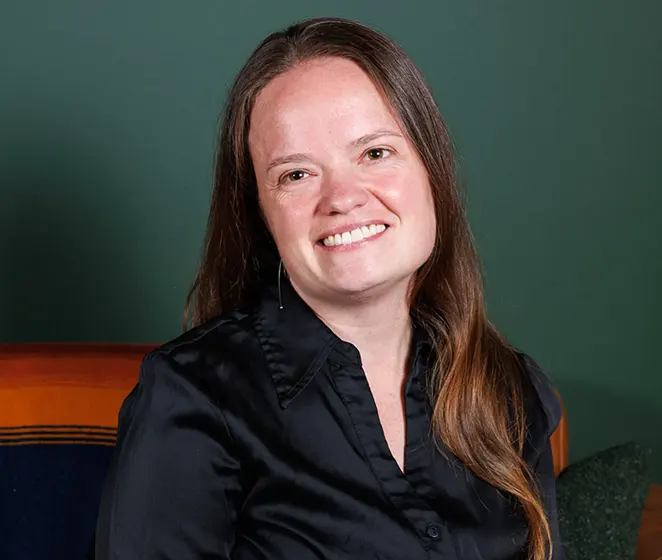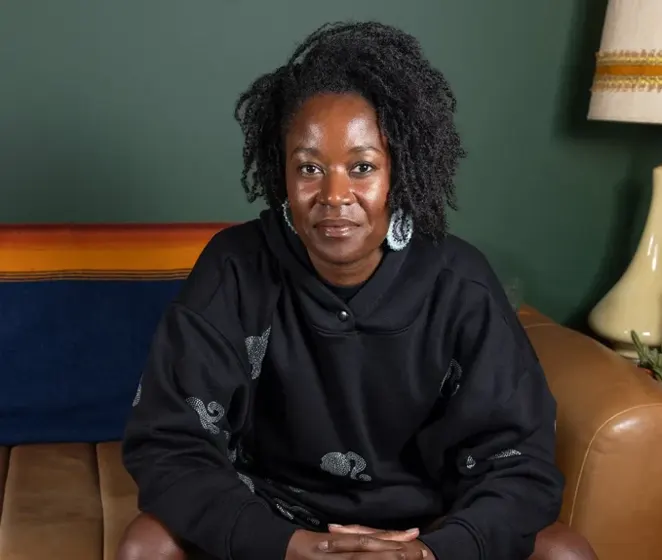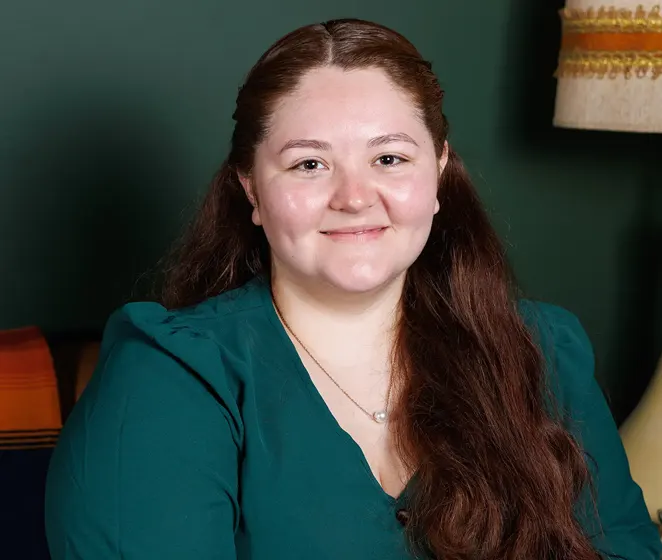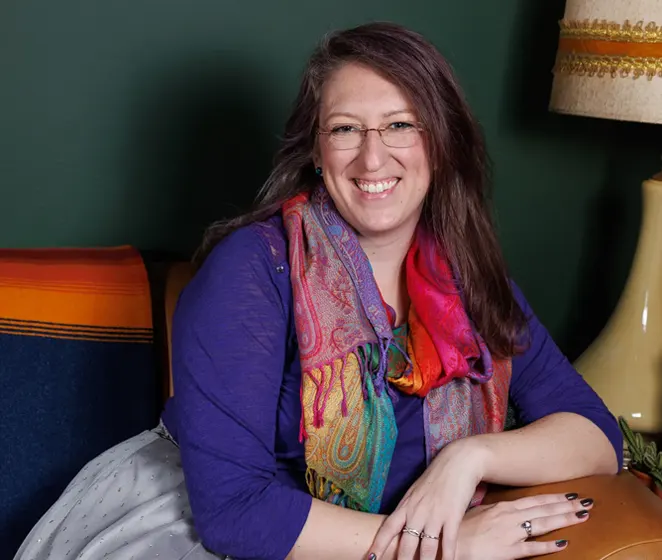by Intentional Spaces Psychotherapy
We often think of childhood as a time defined by warmth, filled with laughter, encouragement, and the kind of safety that allows a child to explore the world freely. But for many people, childhood was not simply playful or secure. It was marked by experiences of criticism, disapproval, or absence that left lasting marks. A harsh word spoken in frustration, the cold silence after a mistake, or years of striving for approval that never came do not simply disappear when we grow up. They echo into adulthood, shaping how we see ourselves and how much worth we believe we carry.
At its core, self-esteem is about believing that you are valuable and inherently worthy of love and belonging. It is not about perfection or endless achievement, but rather the quiet, steady knowledge that you deserve compassion, acceptance, and care just as you are. When a young person learns that approval is conditional, offered only when they succeed, behave, or hide their true feelings, the foundation of self-esteem begins to crack. Low self-esteem does not sit quietly inside; it touches every area of life, from relationships and work to the ability to take risks, pursue dreams, or even feel safe within one’s own body. The hopeful truth is this: while criticism or trauma may have shaped your early story, self-esteem can always be rebuilt.
What Childhood Messages Can Sound Like to the Grown-Up You
When children grow up surrounded by criticism or inconsistency, they adapt. A child who constantly feels judged might strive for perfection, hoping flawless behavior will protect them. Another child might shrink, believing invisibility is safer than attention. Over time, these coping strategies do not simply fade away; they become woven into how we navigate the world as adults.
Perhaps you recognize some of these echoes:
- A relentless inner critic, repeating the words of parents, teachers, or caregivers until they feel like your own voice.
- A quiet but constant hunger for approval, where praise feels suspicious or undeserved, and compliments slide off as if they do not belong to you.
- A pattern of perfectionism, believing that if you can just perform well enough or avoid mistakes, you might finally feel secure.
- A fear of failure so heavy it keeps you from trying new things, because mistakes feel like proof of your deepest fears about yourself.
These patterns are not evidence of weakness; they are evidence of survival. As a child, you did what you needed to do to feel safe or to protect yourself from further harm. Now, as an adult, those same strategies may hold you back from fully experiencing love, joy, and confidence. Recognizing them is the first step in shifting them.
Why Childhood Trauma Can Undermine Self-Worth
Childhood trauma does not always look like a single dramatic event. Sometimes it is the accumulation of smaller wounds, moments of emotional neglect, criticism, or unpredictability that add up over time. Trauma teaches children lessons about the world and about themselves, often reinforcing the painful belief, “Something must be wrong with me.” These beliefs can take root quietly, and because they formed so early, they may feel like unshakable truths.
In adulthood, the impact of trauma often shows up in subtle but powerful ways:
- Feeling uncomfortable in your own body or disconnected from your emotions, as if the safest way to cope is by numbing or detaching.
- Seeking validation from others through praise or recognition, yet struggling to truly believe it when it comes.
- Expecting rejection or abandonment in close relationships, even without clear evidence, because the body remembers what it once meant to be left behind.
- Struggling to set boundaries out of fear that saying “no” or asking for space will drive others away.
None of these patterns means you are broken. They are natural responses to experiences that taught you safety and love were conditional or inconsistent. Naming these struggles is not about blaming the past; it is about understanding the origin of your pain so that you can begin to separate who you are now from what you once endured.
Gentle Pathways Toward Rebuilding Self-Esteem
Healing self-esteem is not about flipping a switch from self-doubt to endless confidence. It is a slow and intentional process of unlearning the old messages you inherited and replacing them with gentler truths. It is about creating new ways of relating to yourself, ways that leave room for compassion, patience, and growth.
- Notice your inner voice. Begin by simply listening. What tone does it take when you make a mistake? Does it echo old criticisms from caregivers or teachers? When you pause to ask, “Whose voice is this, really?” you can start to recognize that the harshest words may not actually belong to you. This recognition opens the door to speaking differently to yourself.
- Practice soft self-compassion. You do not need to replace every negative thought with forced positivity. Instead, experiment with gentler language such as “I am learning” or “I deserve patience too.” These small, believable phrases can feel like stepping stones away from shame and toward kindness.
- Challenge perfectionism with curiosity. When something does not go as planned, notice the urge to criticize yourself. Instead of asking, “Why am I not good enough?” try asking, “What might this moment be teaching me?” This reframes mistakes as opportunities for growth rather than proof of failure.
- Let others see your humanness. Healing happens in connection. Allow yourself to be in relationships, whether friendships, partnerships, or therapeutic spaces, where imperfection is welcomed. When others respond with kindness instead of rejection, it slowly rewrites the old story that you are only lovable when you perform.
Seek safe and steady support. Therapy can provide a consistent and nurturing space where your worth is not in question. A trusted therapist can help you untangle the patterns created by criticism or trauma and guide you toward building a self-esteem that feels grounded and sustainable.

A Gentle Reminder
If childhood criticism or trauma left you questioning your worth, know this: your self-esteem is not permanently broken. The wounds of the past may feel heavy, but they do not define your identity. Healing is not about erasing your history; it is about weaving a new story, one where resilience and compassion stand alongside the hurt.
Each time you pause to notice your inner critic, each moment you offer yourself a thread of kindness, each boundary you set with courage, these are acts of repair. Over time, they accumulate into something powerful, the ability to believe not just in what you can achieve, but in who you are at your core.
You are not the sum of the criticisms you received. You are not defined by the silences or absences of those who could not meet your needs. You are worthy. You always have been. And though believing that may take time, with care, patience, and support, you can rebuild a self-esteem that feels steady, real, and entirely your own.















